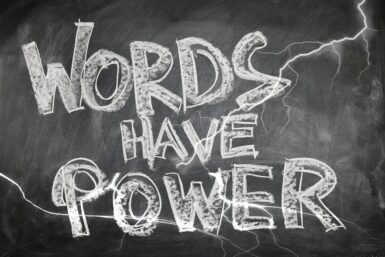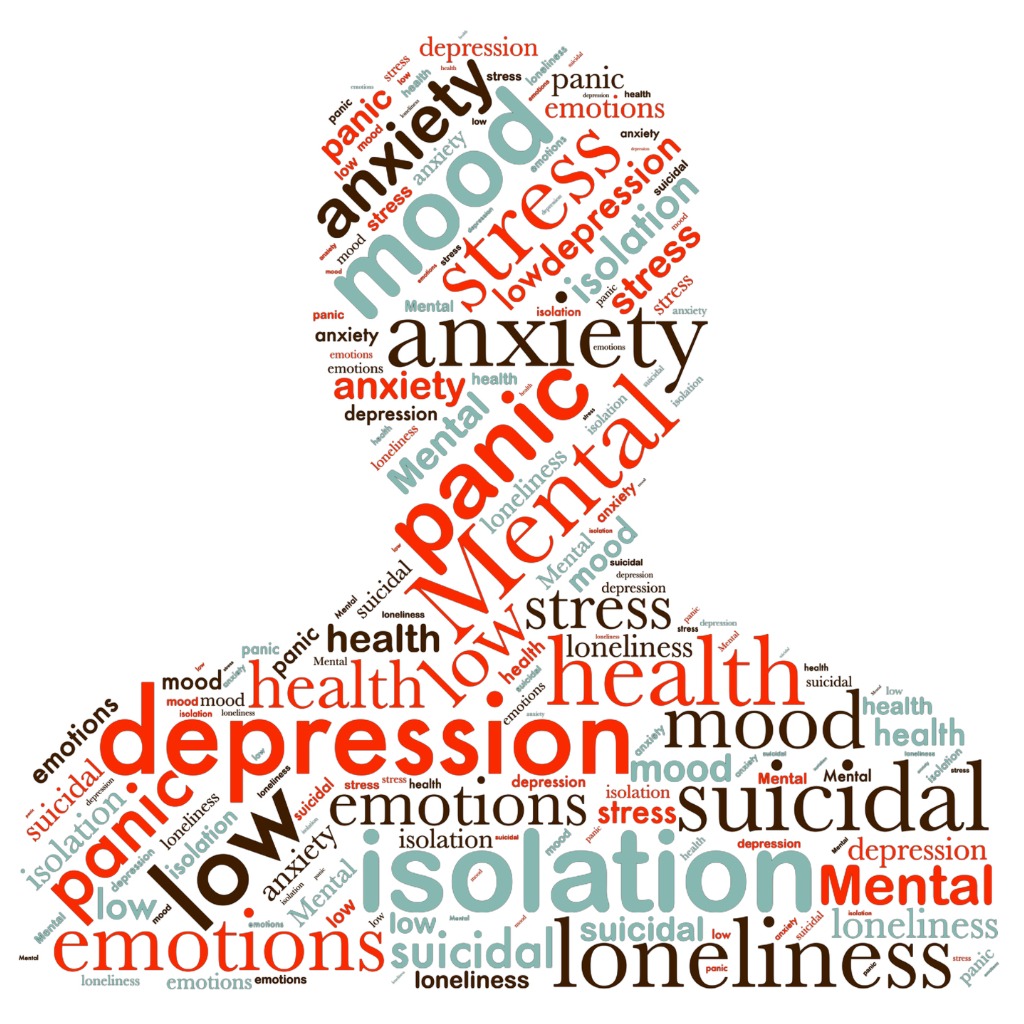Three decades of usage
 In 1989 things seemed fresh. The Berlin Wall came down. Reagan finally left the White House. Seinfeld hit TV screens; so did The Simpsons. New Kids on the Block were actually new.
In 1989 things seemed fresh. The Berlin Wall came down. Reagan finally left the White House. Seinfeld hit TV screens; so did The Simpsons. New Kids on the Block were actually new.
For me 1989 marked a fresh start. At the advanced age of 24, I decided to retire from my two-year career as a real estate agent, exchange power suits and pager for hoodies and tranquility, and re-enter the world that academia had almost (but not quite) ruined for me: writing, reading, and general immersion in language.
Though I didn’t hang out my freelance shingle until the following year, I got ready. I bought a desk, someone’s boxy, gigantic castoff, and my first-ever computer, no less boxy or gigantic. I re-offered my services to the University of Ottawa, where as a grad student I’d briefly drummed grammar and composition into the heads of distracted first-year students. I bought the go-to dictionary, the Gage Canadian, if memory serves. I studied the rules.
Now, 30 years on, my desk and computer are smaller. My dictionary (Canadian Oxford) is bigger. Guns N’ Roses plays less often in my car. My students are motivated adults who aren’t forced by the requirements of their degrees to learn about commas. And the rules, especially around usage, are different. From “email” to “friending,” we’ve welcomed a long list of words that accompany technologies unheard of in 1989. In other cases, familiar words have settled into new meanings.
Here are six former usage errors (two for each decade) that were on the watch list of editors and writers 30 years ago but today barely raise an eyebrow. What’s notable, as is ever the case with language, is how these changes align with our shifting socio-cultural preoccupations.
- “Impact” as a verb. Are you rolling your eyes? If you’ve been in the language biz for three decades, or even two, you’ll have strong and likely negative feelings about people’s need to say that everything is impacting everything else. But let’s face it: we live in a world that prizes high drama, not quiet subtlety. Like it or not, the verb “impact,” which has been around for some 400 years, is here to stay.
- “Beg the question” to mean raise or elicit a question. It’s hard to ignore the correlation between instant communication and widespread contentiousness. For every opinion—or, nowadays, fact—that’s stated or posted somewhere, there appears within seconds a counter-opinion or “alternative fact.” Arguing and questioning (some might say browbeating and haranguing) are the discourse du jour. Little wonder that “beg the question” is such a popular phrase.
When I began editing, “beg the question” was reserved for the narrowest of argumentative uses: it meant that the premise of an argument assumed a conclusion. That traditional meaning, on the wane even then, has since been swept away by the raise the question meaning. The newer meaning is the intended one in up to 90 percent of cases, according to a study by language blogger Stan Carey, who writes: “In formal use I advise caution . . . but in everyday use you’ll encounter little or no difficulty or criticism with the raise the question usage.”
- “Concerning” to mean worrisome. This usage wasn’t even on my radar until the 21st century. Then—can you say “Y2K”?—it started popping up everywhere. By 2012 so many people had asked me about “concerning” that I wrote about it in an article now in Peck’s English Pointers. Today we are worried enough that the word is everywhere. A recent Merriam-Webster usage note concludes that the adjective use is fine in nearly all instances.
- “Transition” as a verb. Though the verb form of “transition” debuted in the mid-1940s, it didn’t enter standard English until much later. A circa-2000 version of my Usage Woes and Myths workshop material says: “Transition is not listed as a verb in most current dictionaries.” Two decades later change is a constant, gender questions are top of mind, and transitioning happens all the time.
- “Reveal” as a noun. In 1989 makeovers were confined to the pages of Seventeen and Glamour (for beauty) or House and Garden (for home renovation). Enter the reality show, and suddenly we had entire TV series built around our relentless pursuit of beauty. What better way to unveil the results of dramatic transformation than in the big reveal?
“Reveal” has been an insider noun in the TV industry since the 1950s, as Grammarphobia’s Patricia T. O’Conner and Stewart Kellerman point out. Now the word has escaped its niche and is at loose in the wider world.
- “Fun” as an adjective. I can’t recall when I first read that “fun” shouldn’t describe a noun, but I sure remember cringing. I had used “fun” as an adjective my whole life, including while teaching courses on supposed correctness. As recently as 2011, Mignon Fogarty (a.k.a. Grammar Girl) apologized for using “fun” as an adjective on live radio, aware that some listeners would censure her.
Now even Bryan Garner, a reliable but conservative arbiter of usage, places the adjective use of “fun” at stage four in his five-stage language-change index. Merriam-Webster online lists the word as an adjective with no finger wagging about its acceptability and says “we do provide a definition for the adjectival use of fun, due to the fact that it has been used in such a fashion since at least the mid-1800s.”
I hope you found this reveal of our transitioning language a fun read. It begs the question: do you find these changes concerning, or do you embrace the many ways in which time impacts language?
This Post Has 2 Comments
Comments are closed.




An interesting post, Frances, that’s as entertaining as it is educational. I’m on board with all of the usage shifts you mention, but a few others out there still irk me. An example: “Six ways to live healthy.” Another week or two and I’ll stop my inner wail, “… live healthily!”
I also ought to get over “Eat happy,” the slogan adopted by a local supermarket chain. Every time I see that, I can’t help but think, “And why not Sneezy and Doc while you’re at it?”
Great examples, Georgina. I’ve shared your comments about “Eat Happy” with my Douglas College editing students, who laughed at it — all the more so because we had recently discussed the difference between “Let’s eat Grandma” and “Let’s eat, Grandma.”